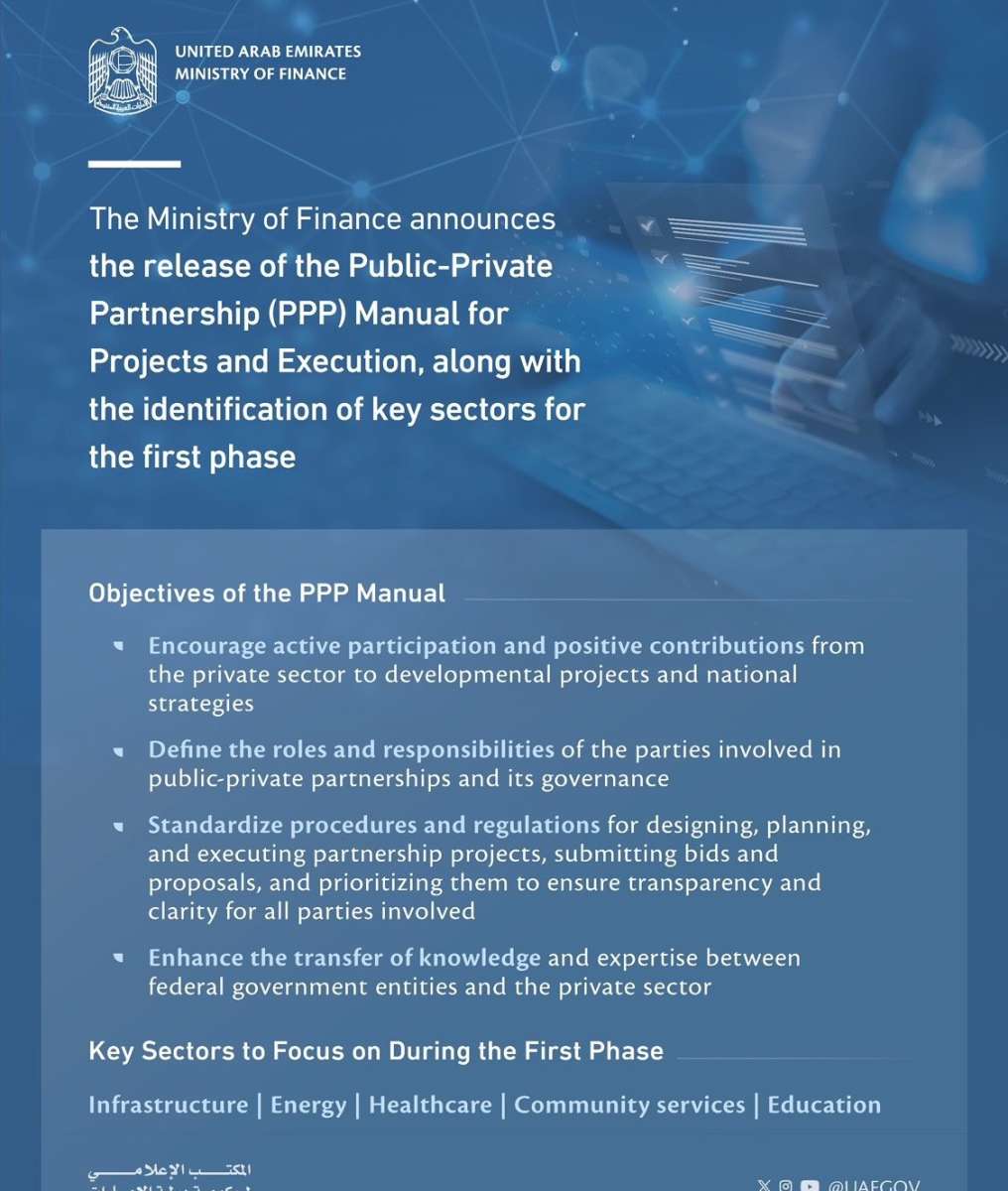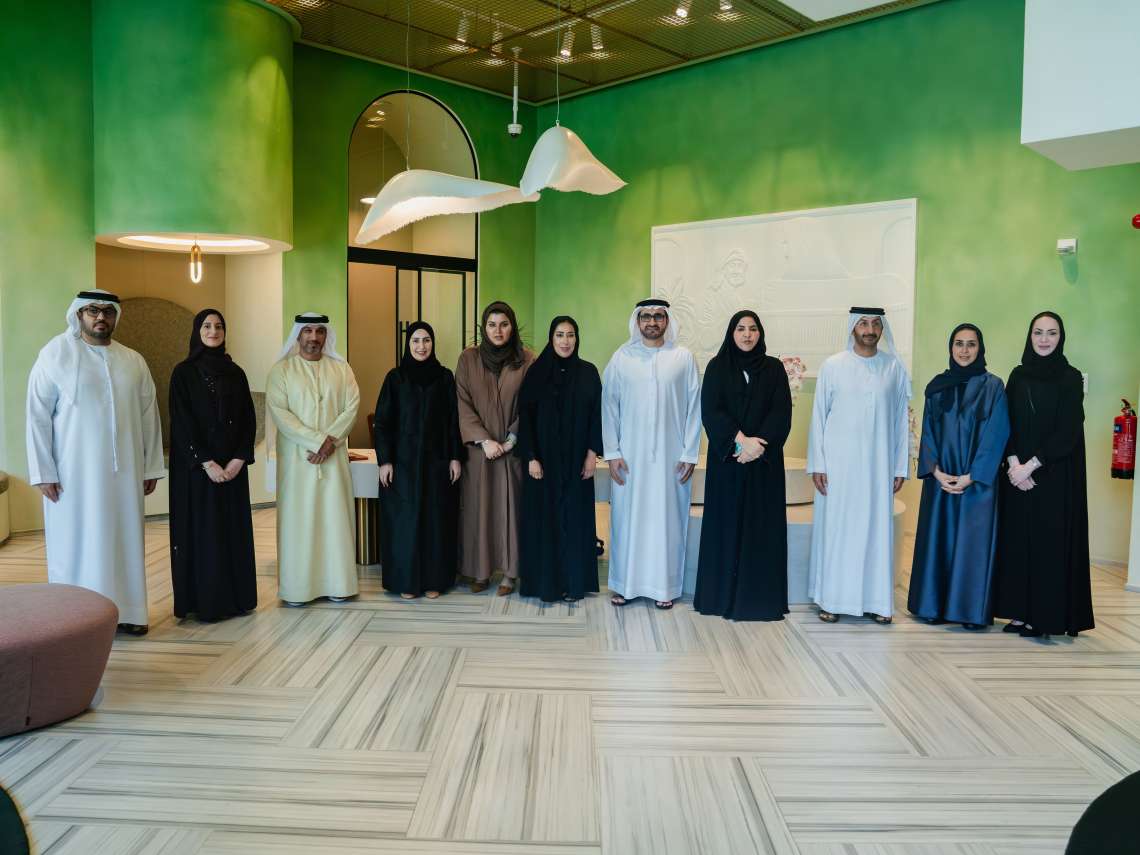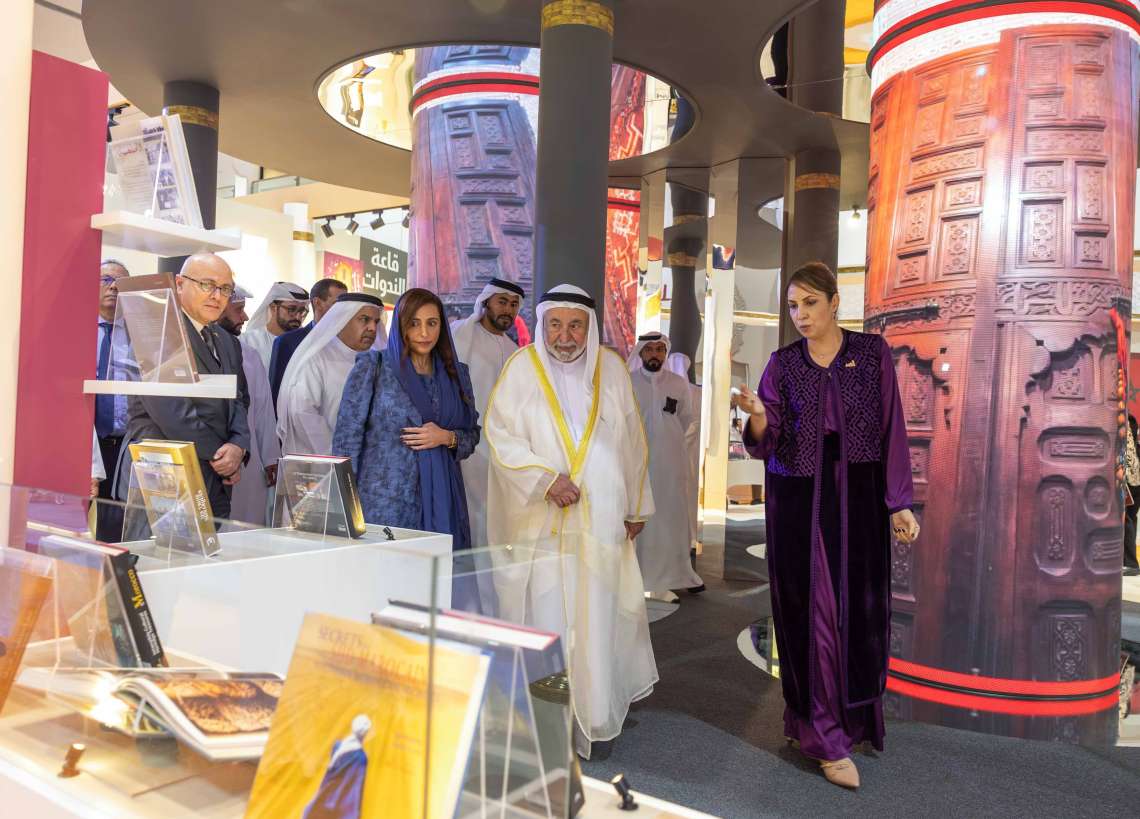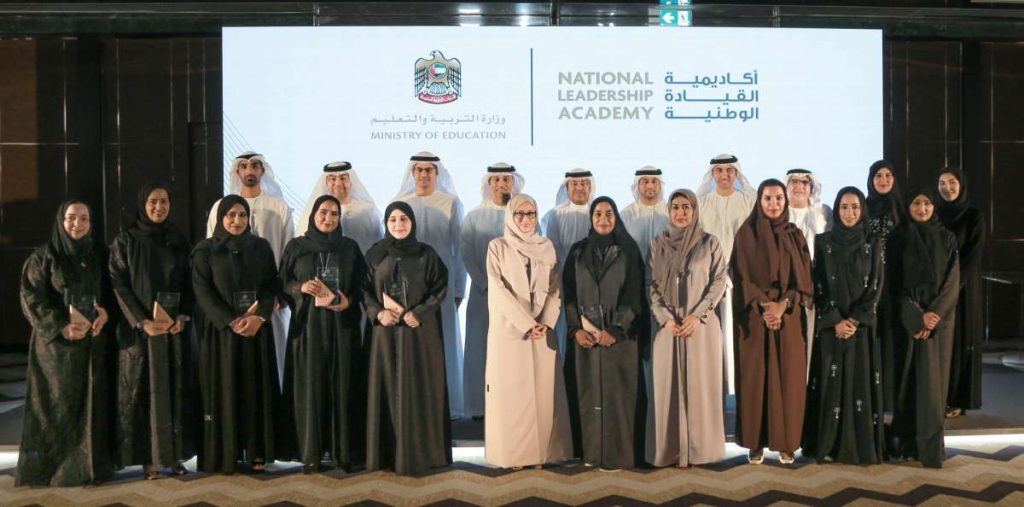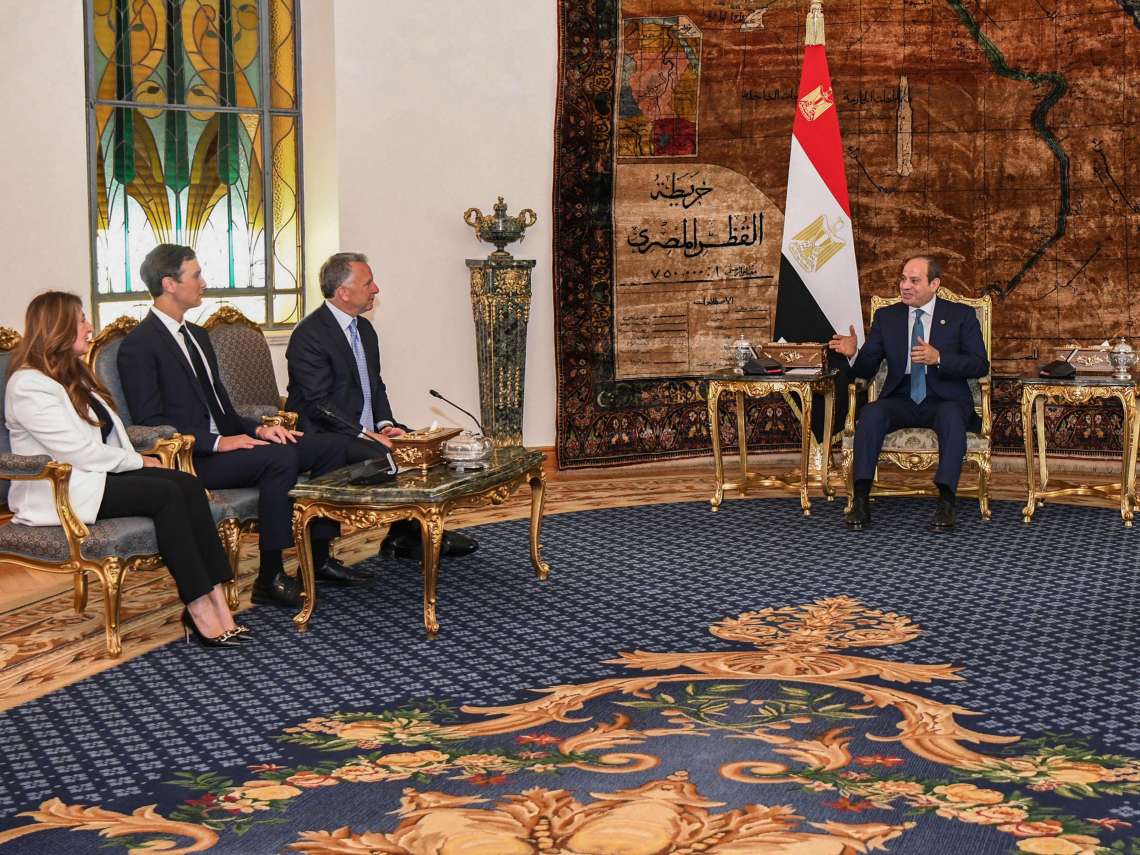The manual aims to develop a policy and procedural framework to enable federal government entities to implement their developmental and strategic projects …reports Asian Lite News
The UAE Ministry of Finance today announced the UAE Cabinet’s approval of the Public-Private Partnership Manual.
The manual aims to develop a policy and procedural framework to enable federal government entities to implement their developmental and strategic projects efficiently and effectively, and to enhance their benefit from the financial, administrative, and technological expertise of the private sector.
It also encourages the private sector to proactively participate and contribute to supporting the UAE’s efforts to develop national and strategic projects to achieve the maximum possible benefit for society, the nation, the private sector, and the national economy.
This initiative falls within the Ministry’s efforts to create optimal conditions and support national efforts to stimulate investment in joint projects between federal entities and the private sector. The manual governs the operations and processes for designing, planning, and implementing projects, as well as provides a summary guideline for federal entities and private sector partners to follow in partnership projects, ensuring transparency and clarity for all concerned parties.
Defining Roles and Responsibilities
The manual defines the roles and responsibilities of relevant entities by documenting procedures related to public-private partnership contracts, their governance, including proposals from the private sector, market studies, value-for-money assessments, project structuring, and management, in compliance with Federal Decree-Law No. 12 of 2023 on regulating federal public-private partnerships.
It also includes instructions on determining priorities for partnership projects between the federal government and private sector, studying and evaluating the proposed project after conducting a comprehensive analysis of it from various aspects, selecting partners, and procedures for submitting bids and offers to potential partners in the private sector. By providing this specific framework for organising and implementing partnership projects between the public and private sectors, the manual unifies the mechanisms, standards, and conditions for implementing partnership projects.
Promoting Growth
Mohamed Hadi Al Hussaini, Minister of State for Financial Affairs, highlighted that the UAE is progressing towards empowering and enhancing its path to sustainable economic growth. He said, “In a world where cooperation and integration between the public and private sectors are fundamental pillars for achieving the nation’s aspirations and strengthening its position, this cooperation aims to achieve better value in public spending.”
He added, “The UAE Ministry of Finance is keen on enhancing the partnership between the public and private sectors, recognising their significant role in the social and economic development of the UAE, thereby promoting sustainable economic growth and ensuring comprehensive prosperity for all members of society. Case studies around the world have shown that public-private partnerships enhance efficiency and effectiveness, improve service levels and quality, reduce costs, and optimally utilise resources through innovation, competition enhancement, economic stimulation, and safeguarding individual interests.”
Al Hussaini said, “This manual represents a practical step forward and an open invitation for active participation and positive contribution from the private sector in supporting the UAE’s efforts to develop major strategic projects and support the national economy.”
Priority Sectors in the First Phase
In collaboration with strategic partners, the UAE Ministry of Finance has identified priority sectors for the first phase of future partnership projects, including infrastructure, energy, healthcare, social services, and education.
The UAE Ministry of Finance aims to build and manage integrated and effective strategies and enhance cooperation and dialogue between the public and private sectors, given the importance of this collaboration and its impact on various aspects of economic activity. This effort also aims to enhance governance frameworks to maintain government efficiency and flexibility, and develop its relevant tools.
This step contributes to transferring knowledge and experience from the private sector to federal entities, training and qualifying federal employees in managing and operating projects, and implementing projects that provide added value in exchange for public funds.
ALSO READ: UAE, UN Team Up for Sudan Food Relief

